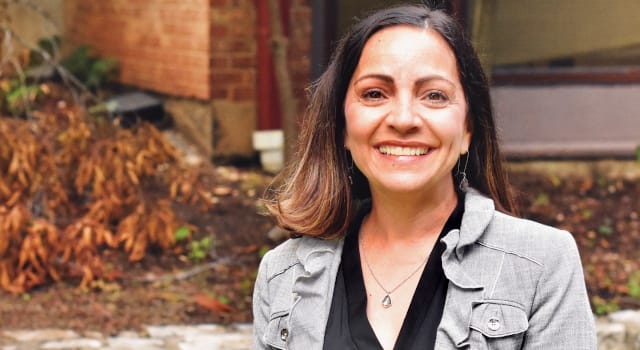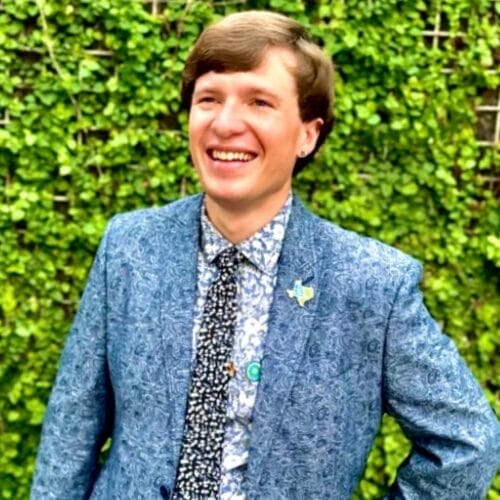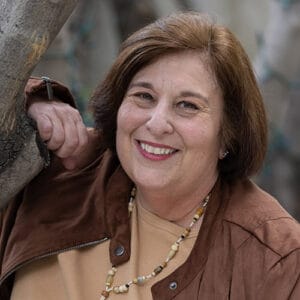Leveling the Playing Field in Austin Campaign Finance
Open Letter
I’m told that on the day I announced my campaign for Mayor on February 5th, a top staff member to the mayor called my former employer, angry that I had decided to run. While I’m glad to know that the mayor didn’t want me in the race, I’m convinced this call from City Hall (Watson had not yet launched his own campaign) was meant to have, and did have, a chilling effect.
In August, an AISD Trustee whom I had asked for an endorsement told me that the mayor’s campaign team made it clear that Watson would not endorse AISD Proposition A, a Voter Approval Tax Rate Election (VATRE) to bring more money for schools, unless the trustee promised not to endorse any of the mayor’s opponents. As a former AISD teacher, I had been the first candidate to endorse this measure, and was appalled that the mayor might withhold his support for schoolchildren in exchange for a political favor.
This is not a level playing field. But those who know Kirk Watson’s record, even his supporters, would not be surprised at these stories.
This past month, in part because what I had just personally experienced in Austin politics, I filed a federal lawsuit against a City of Austin rule that unfairly favors incumbents, especially those who use the power of incumbency to bully, and wealthy candidates who can pour unlimited funds into their own campaign. It limits candidates to raising no more than $47,000 from outside Austin zip codes. Candidates for local school board, county commissioner, state representative, or Congress face no such geographic constrictions, and we haven’t found any other city with such a rule.
As a longtime Austin grassroots organizer, former AISD teacher and LGBTQ advocate, I’ve run a grassroots fundraising campaign from friends, allies, supporters and family inside and outside of Austin who believed in my priorities of fighting for Austin working families and standing up to Greg Abbott and state leaders on their attacks on our civil rights. These were folks who know me and my track record: leading organizations that have won hundreds of millions of dollars in local and state funding for community investments and the organizing campaign that killed, and later reformed, the state’s largest corporate tax giveaway program, which took $1B in potential school funding and gave it instead to wealthy petrochemical companies.
I was also the ONLY candidate to sign the City of Austin Campaign Contract, which voluntarily limits a candidate to raising and spending no more than $120,000 during a campaign, in exchange for a share of public funding in a runoff. If all mayor candidates had signed the contract, each candidate’s spending would be capped at $120,000 and this would have been a true grassroots campaign. But since no one else signed it by the August 19th filing deadline, I’m released from these limits. If others want big money in the race, I want a fair playing field.
I was proud to have raised the most money among all the challengers to Mayor Watson in the July 15th campaign finance report. But I don’t have the wealthy friends the Mayor has. His donor reports read like a who’s who of Austin’s wealthy and well connected, many of whom benefit from public contracts.
The rule limits the donor pool to people subject to the Mayor’s bullying. At a recent city commission hearing the mayor’s campaign attorney disparaged my federal lawsuit. Of course he did, he represents a mayor who believes he’s anointed for the job, unilaterally brings DPS into our neighborhoods, silences public debate from the dais, and uses quid pro quo and bullying tactics in exchange for endorsements.
Why should someone displaced from Austin to Bastrop or San Marcos because of gentrification, but may still work here or even want to return, not be allowed to donate while the person who displaced them is allowed to donate. Seventy-five percent of our bus drivers, a large percentage of which are African-American, live outside the city. The same goes for many public sector workers, service workers, and musicians.
Like most Austinites I came here by choice, and have also spent my adult life in public service. If we want ordinary Austinites to be able to run for office, up against powerful interests, vengeful incumbents, and wealthy candidates, then we need to give them a level playing field and allow them to compete by raising funding from those who know, love, and support them through their work and lives, inside and outside of the city.




